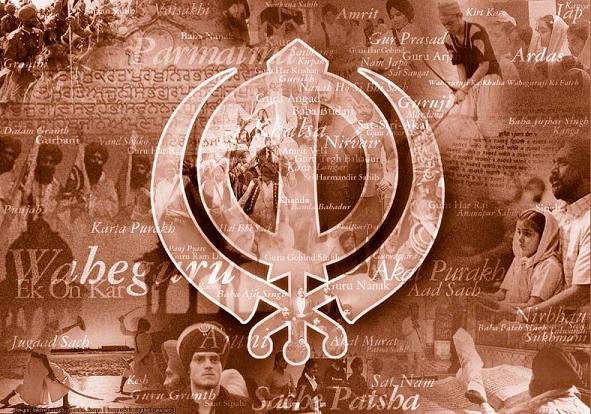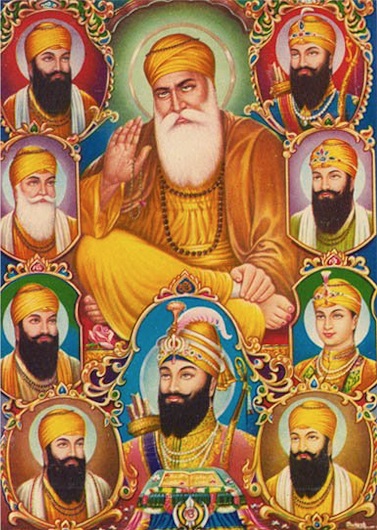Guru Ram Das
Selfless Service to the humanity without any consideration of caste, colour, creed, gender and country.
Guru Ram Das emphasised the concept of selfless service to the humanity without any consideration of caste, colour, creed, gender and country. He put stress on high thinking and simple living. He gave the gift of "Four Lawan" to attain unity with God. He excavated the pool of Harmandar Sahib.

Guru Ram Das is the fourth Sikh Guru. He was born at Chuna Mandi Lahore on September 24, 1534.

Original name of Guru Ram Das was Bhai Jetha. He was son-in-law of Guru Amar Das Ji. He was married to Bibi Bhani. He had three sons namely Prithi Chand, Mahan Dev and Arjan Dev. He was nominated to Gurgaddi on August 30, 1574 at Goindwal.
Construction work

He founded the town of Guru Ka Chak which later on came to be known as Amritsar. The Guru invited artisans of different trades to do business in the newly set up town. He started the excavation of the holy Sarovar (Lake of immortality or pool of Nectar) of Sri Harmandar Sahib at a place now called Darbar Sahib or Golden Temple Amritsar. Sri Harmandar Sahib is fountain of spirituality that strengthens the Sikh unity.

Preaching
He worked dedicatedly to preach Sikhism. He enjoined the Sikhs to become true Sikhs by singing the glory of God. He established the Massand institution to look after growth of Sikhism.
Succession to Gurgaddi
Guru Ram Das bestowed Guruship on his youngest son Arjan Dev Ji, after whom the Guruship became hereditary. He breathed his last on September 1, 1581 at Goindwal Sahib.
Gurbani Composition
Guru Ram Das composed 679 hymns in 30 Ragas. He composed "Four Lawan hymns" in Rag Suhi which now form the integral part of Sikh marriage ceremony (Anand Karaj).
Contemporary Ruler of India
Emperor Akbar

